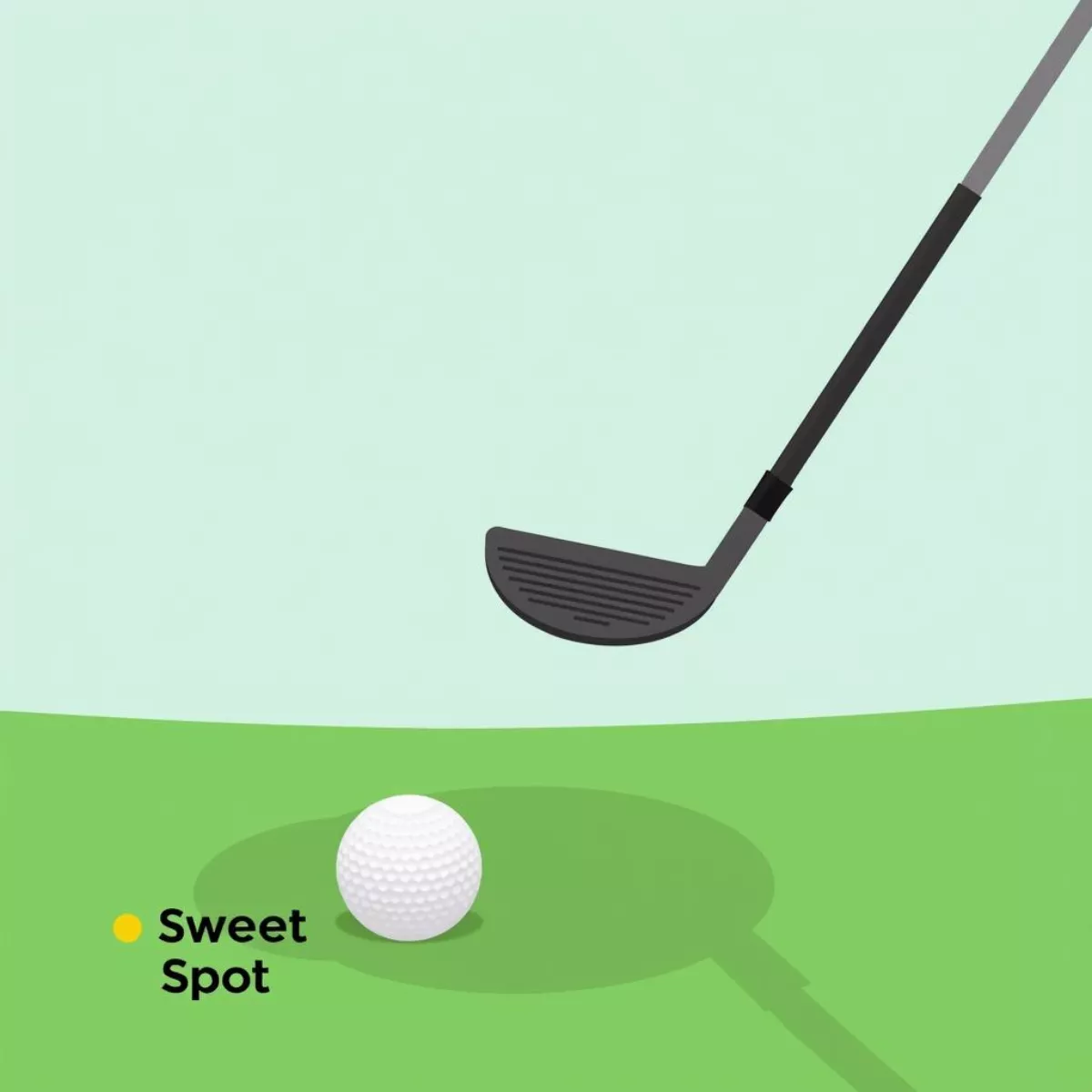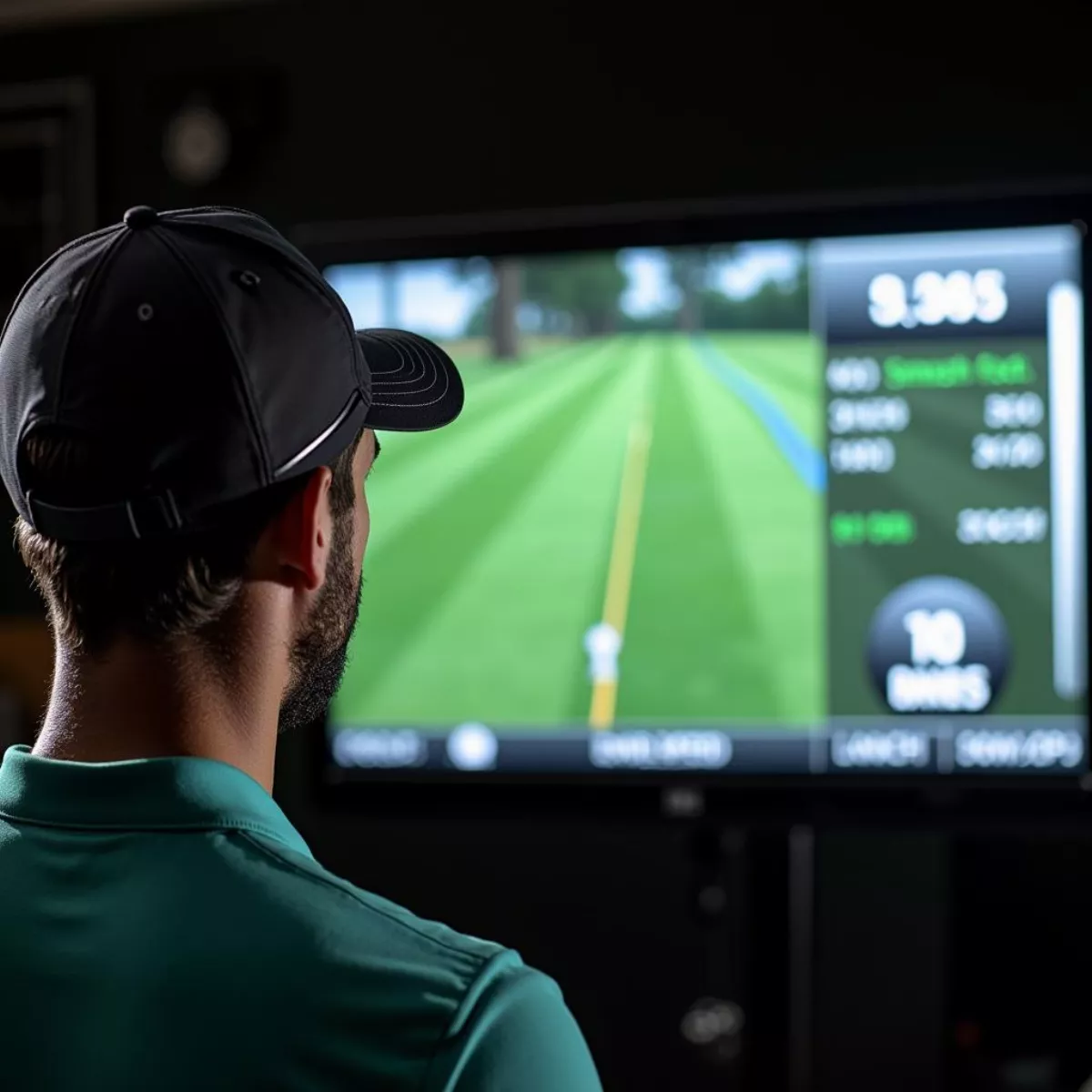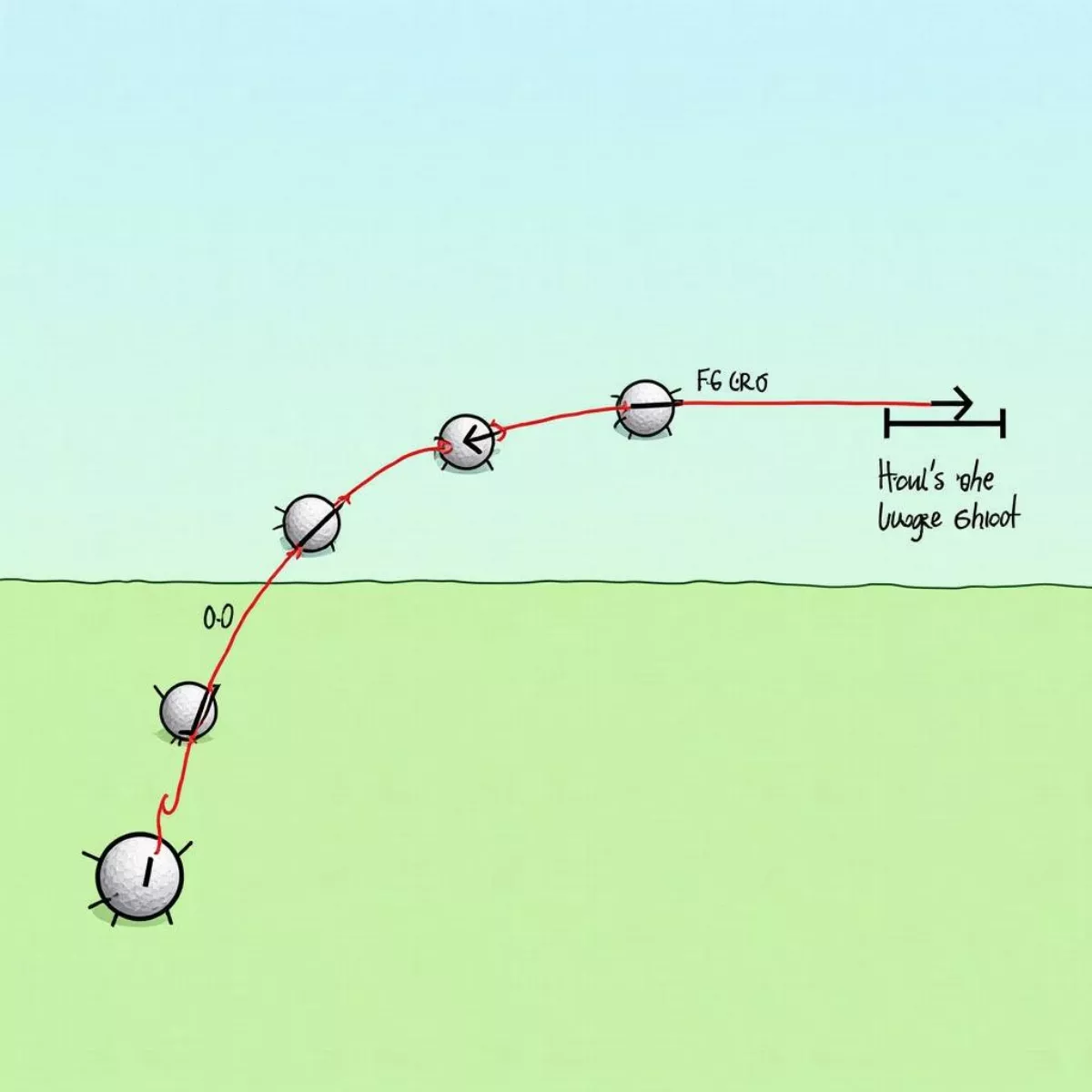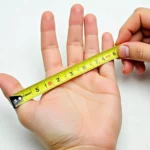Golf is a game of precision and technique, where every detail matters—from the grip on your club to the angle of your swing. Among the myriad of metrics that can evaluate performance, smash factor stands out as a key measurement for any golfer looking to improve their game. In this guide, we’ll dive deep into what smash factor means, how it’s calculated, and why it’s crucial in optimizing your performance on the course.
What is Smash Factor?
Smash factor is a term that refers to the ratio of ball speed to clubhead speed at impact. This critical measurement helps players assess how effectively they are hitting the ball. Understanding this concept is essential as it determines how much energy is transferred from the club to the ball, which directly impacts your distance.
The Formula for Smash Factor
The smash factor can be calculated using the following formula:
Smash Factor = Ball Speed / Clubhead Speed
For example, if your ball speed is 150 mph and your clubhead speed is 100 mph, your smash factor would be:
150 mph / 100 mph = 1.5
Why is Smash Factor Important?
The primary significance of smash factor lies in efficiency. A higher smash factor indicates that you are converting more of the energy generated by your swing into ball speed. Optimizing your smash factor can lead to increased distance off the tee, which translates to better overall scores.
- Higher Smash Factor = More Distance: A smash factor of around 1.5 is considered optimal for professional golfers. For amateur players, a smash factor between 1.3 and 1.4 is a good target.
- Understanding Energy Transfer: The concept of smash factor also encompasses how well you connect with the ball. Hitting the sweet spot on the clubface leads to better energy transfer and a higher smash factor.
 Golf club hitting golf ball illustration
Golf club hitting golf ball illustration
Factors Influencing Smash Factor
While the smash factor formula is straightforward, several factors can influence the measurement, including:
- Impact Location: Striking the ball in the center of the clubface leads to the best results.
- Swing Mechanics: Proper technique can enhance both clubhead speed and ball speed.
- Equipment: Optimally fitted clubs can play a significant role in maximizing your smash factor. For example, the right shaft flex, loft, and clubhead design can all make a difference.
- Ball Used: Different golf balls have varying compression levels and spin characteristics, which can affect ball speed.
How to Improve Your Smash Factor
Improving your smash factor involves various strategies aimed at maximizing both clubhead speed and ball speed. Here are some practical tips:
- Focus on Your Swing Mechanics:
- Ensure that your grip, stance, and alignment are all correct.
- Work on generating power from your legs and core.
- Optimize Your Equipment:
- Get fitted for clubs that match your swing style and speed.
- Explore different drivers and shafts that can enhance performance.
- Practice Hitting the Sweet Spot:
- Use alignment sticks or impact tape to monitor where you’re hitting the ball on the clubface.
- Focus on drills that improve your contact consistency.
- Enhance Your Strength and Flexibility:
- Incorporate exercises that build core strength and increase flexibility.
- Consider specialized golf fitness training.
- Use Launch Monitors:
- Invest in or use a launch monitor to measure your smash factor accurately during practice.
- Analyze your results to identify specific areas of improvement.
 Golfer analyzing swing data on launch monitor
Golfer analyzing swing data on launch monitor
Smash Factor and Golf Distance
One of the primary reasons golfers pay attention to smash factor is its significant impact on distance. The connection between smash factor and distance can be summarized in the following points:
- A higher smash factor indicates more energy transfer, resulting in greater distance.
- Players can often achieve considerable distance gains without increasing swing speed, simply by optimizing their smash factor.
| **Smash Factor** | **Description** | **Expected Distance Gain** |
|---|---|---|
| 1.2 | Below average | Minimal |
| 1.3 | Average for amateur golfers | Moderate |
| 1.4 | Good performance | Significant |
| 1.5 | Professional level | Maximum distance |
Key Takeaways
- Smash factor is a vital measure of how efficiently you convert club speed into ball speed.
- The formula for smash factor is Ball Speed / Clubhead Speed.
- A higher smash factor leads to more distance on your shots.
- Improving your smash factor can be achieved through better swing mechanics, optimal equipment, and targeted practice.
 Golf ball trajectory with distance markers
Golf ball trajectory with distance markers
Frequently Asked Questions (FAQ)
- What is a good smash factor for recreational golfers?
- A smash factor between 1.3 and 1.4 is considered good for recreational golfers, while professionals often achieve around 1.5.
- How can I measure my smash factor?
- You can measure smash factor using a launch monitor available at many driving ranges and golf shops.
- Does a higher smash factor always mean better performance?
- While higher smash factors generally indicate better energy transfer, other factors like accuracy and course management also play crucial roles in performance.
- Can I improve my smash factor with practice?
- Yes, consistent practice focusing on swing technique and contact can significantly improve your smash factor.
- Does the type of golf ball affect smash factor?
- Yes, different golf balls offer various compression and spin characteristics that can impact ball speed.
- How does club fitting relate to smash factor?
- Properly fitted clubs can maximize your swing potential and improve your smash factor.
- Do swing speed and smash factor correlate?
- Yes, while higher clubhead speeds can lead to higher smash factors, achieving optimal performance is more about efficient energy transfer rather than just speed.
- What common mistakes hinder a higher smash factor?
- Poor alignment, improper grip, and not utilizing the sweet spot on the clubface can impede achieving a higher smash factor.
- Can smash factor change from round to round?
- Yes, smash factor can fluctuate based on various factors, including swing consistency and conditions of play.
- Is smash factor more important than swing speed?
- Both are important, but smash factor gives insight into how effectively you are using your swing speed for maximum distance.
In conclusion, understanding and improving your smash factor can significantly enhance your golf game. By focusing on several key aspects—improving your swing mechanics, optimizing your equipment, and incorporating regular practice—you can unlock greater potential on the course. Remember, becoming a better golfer is a journey, and mastering metrics like smash factor is an essential step along the way. Happy golfing!

